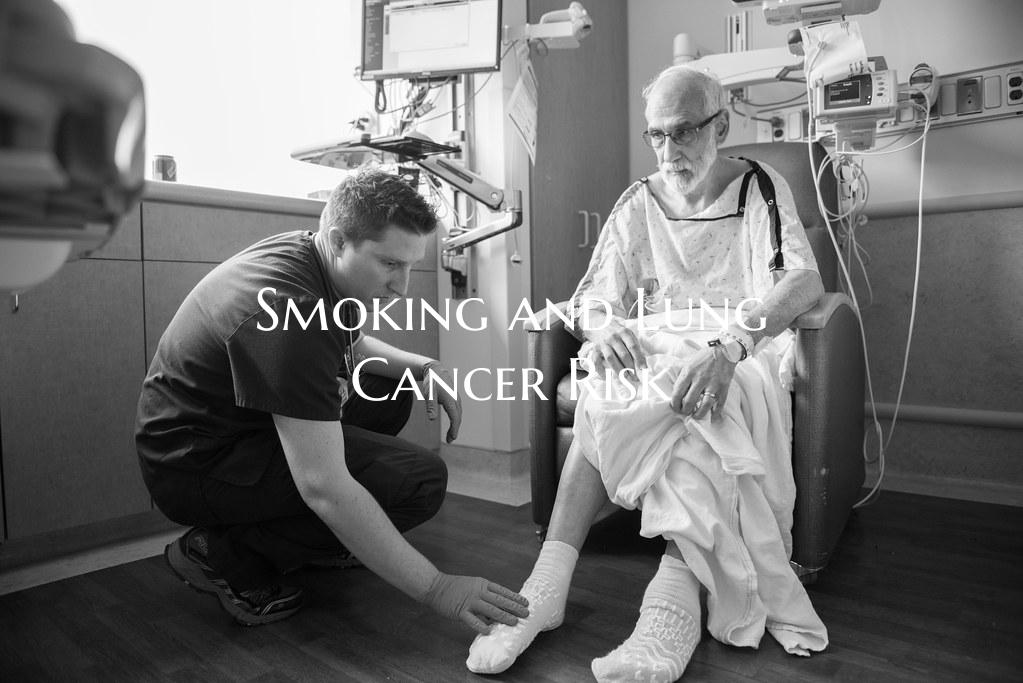
Smoking and Lung Cancer Risk
Introduction: Smoking is a widely recognized risk factor for lung cancer, with numerous studies establishing a strong correlation between tobacco use and the development of this deadly disease. Lung cancer is one of the most common forms of cancer worldwide, and understanding the relationship between smoking and lung cancer risk is crucial for public health awareness and prevention efforts.
Impact of Smoking on Lung Cancer Risk: Cigarette smoke contains over 7,000 chemicals, many of which are carcinogenic and can cause mutations in the DNA of lung cells. When these mutations accumulate, they can lead to the uncontrolled growth of abnormal cells, eventually forming a tumor. Smoking is the leading cause of lung cancer, accounting for approximately 85% of all cases. Smokers are at a significantly higher risk of developing lung cancer compared to non-smokers, with the risk increasing with the duration and intensity of smoking.
Secondhand Smoke and Lung Cancer: Secondhand smoke, also known as passive smoking, is the inhalation of tobacco smoke by non-smokers who are in close proximity to smokers. Secondhand smoke is also a known risk factor for lung cancer, with estimates suggesting that it may be responsible for thousands of lung cancer deaths each year. Non-smokers exposed to secondhand smoke at home or in the workplace are at an increased risk of developing lung cancer, underscoring the importance of creating smoke-free environments.
Quitting Smoking and Reducing Lung Cancer Risk: The good news is that quitting smoking can significantly reduce the risk of developing lung cancer. Research has shown that the risk of lung cancer decreases over time after quitting, with former smokers eventually reaching a risk level comparable to that of non-smokers. It's never too late to quit smoking – even long-term smokers can benefit from quitting and lowering their risk of lung cancer and other smoking-related diseases.
Conclusion: Smoking remains the leading cause of lung cancer, highlighting the urgent need for smoking cessation efforts and tobacco control measures. By raising awareness about the risks of smoking and promoting smoking cessation programs, we can make significant strides in reducing the burden of lung cancer worldwide. If you smoke, quitting is the single most effective step you can take to protect your lung health and reduce your risk of developing lung cancer.